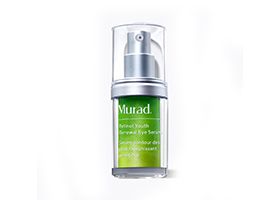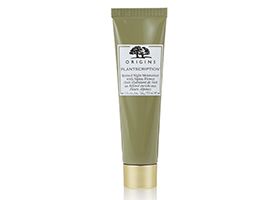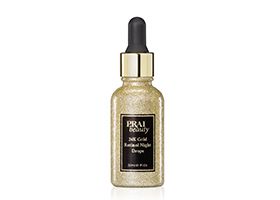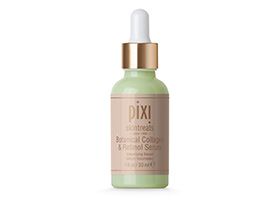
What is Retinol?
Content editor
Sarah Lafarge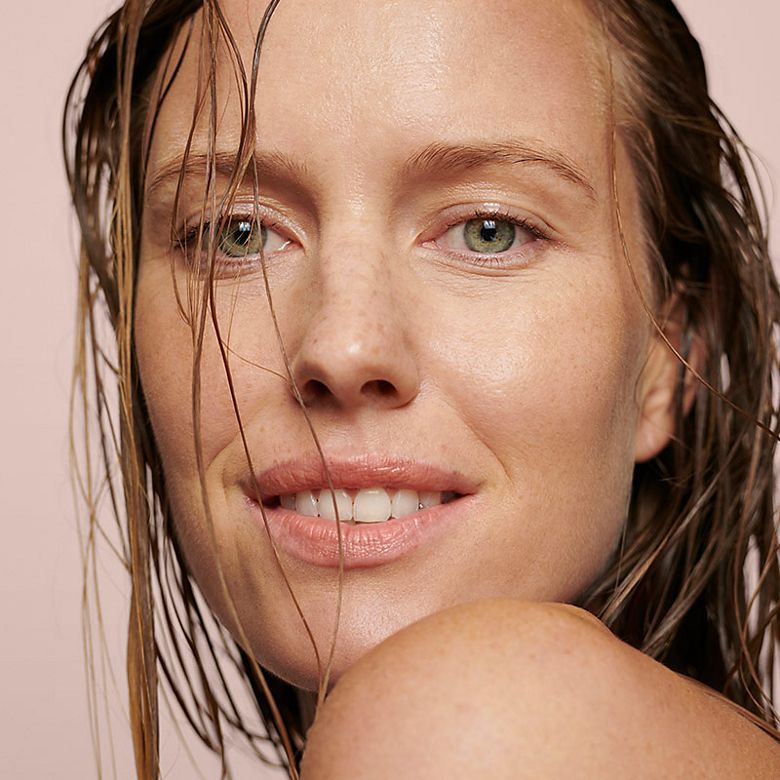
What does retinol do?
Retinol is a popular ingredient in many beauty products such as serums, moisturisers and eye creams and is another name for Vitamin A. It acts as an antioxidant, neutralising free radicals that can cause cellular damage and contribute to premature aging. Retinol can also improve skin hydration and moisture retention, resulting in a healthier and more radiant complexion and help minimise the effects of acne, eczema and sun damage.
Retinol can be very potent and can cause skin sensitivity in some people, especially when it's first used. It's important to introduce retinol gradually into your skincare routine and use it as directed. Some people may experience mild redness, flakiness, or dryness initially, but this usually subsides as the skin adapts to the treatment. If you have hypersensitive skin, it's worth consulting a dermatologist or skincare professional beforehand to determine the appropriate retinol concentration and usage for your skin's needs.
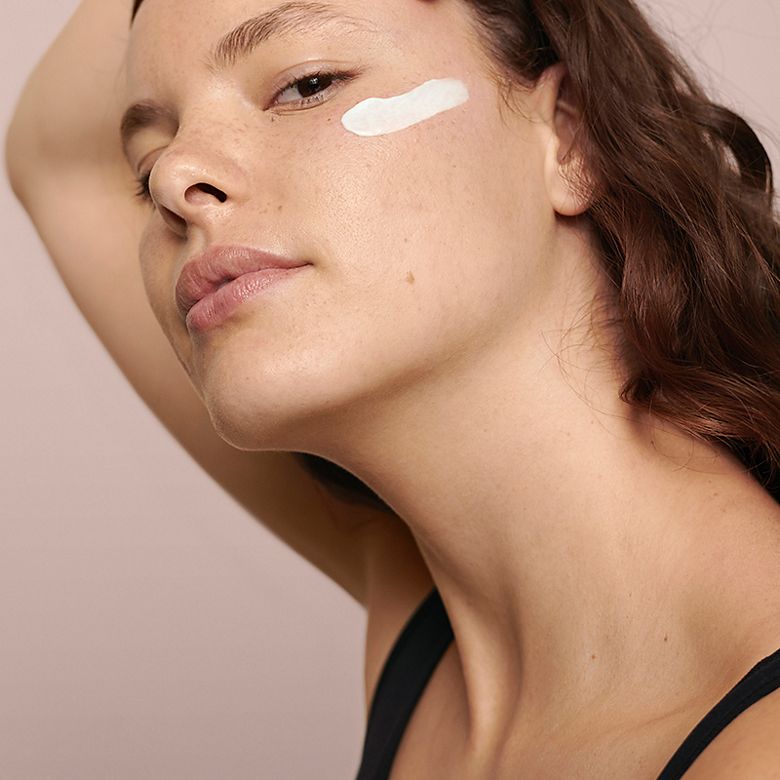
What is retinol good for?
Retinol is widely recognized for its ability to reduce the signs of ageing. It can help reduce the appearance of fine lines, wrinkles, and age spots by promoting the production of collagen, a protein that gives the skin its elasticity and youthful appearance. Regular use of retinol-based products can help improve skin texture and tone, resulting in a more youthful complexion.
It can also help stimulate skin renewal by encouraging the shedding of dead skin cells and the production of new ones. This process, known as skin cell turnover, helps to improve skin's overall texture and smoothness. By exfoliating the outer layer of the skin, retinol can help unclog pores, reduce the appearance of blemishes, and improve skin clarity. This also makes it very effective for treating acne, both improving its appearance and minimising breakouts.
Retinol can also be beneficial in addressing hyperpigmentation issues such as dark spots, sun spots, and melasma (patches of pigmented skin caused by hormonal changes such as pregancy). It works by slowing down the production of melanin, the pigment responsible for skin coloration, so can help fade dark spots and even out the skin tone over time.
Our retinol must-buys
Published 4.24.2024
